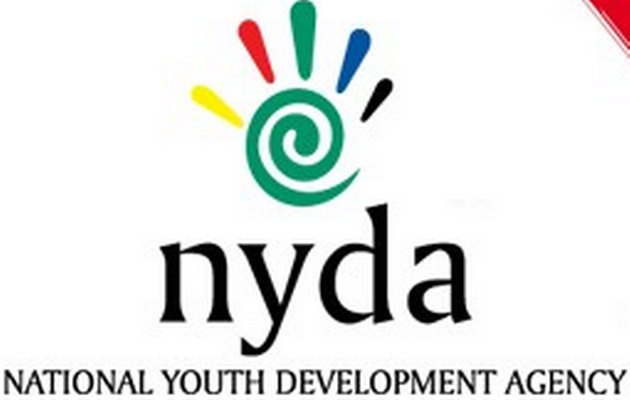FNB and VISA focus on online fraud

FNB and Visa once again joined forces to launch their 10th Annual Card Security Week (CSW) and announced a 15% reduction in credit card fraud.
Columinate, an independent research company, was commissioned to research fraud awareness and card fraud trends in South Africa.
“We found that while the overall awareness of card fraud is very high, 42% of South Africans still admit that their PINs are not kept secret and that they share their PINs (mostly with their spouses, 85%). These numbers are higher than in 2013 when 38% shared their PINs,” says Athaly Khan, Head of Fraud at FNB Credit Card.
Compared to 2013, significantly more consumers are using their hands as a shield while keying in their PINs at an ATM (67%, up from 59%), yet 20% admit that they use the same PIN for numerous cards. From FNB’s perspective, PIN security, online scams and cloning of cards are the biggest threats to card security in 2014.
“In terms of card security awareness, 93% of individuals surveyed pay careful attention to their SMS notifications when making transactions, which points to the importance of such notifications,” noted Bryce Thorrold, Head of Risk Services for Visa in Sub-Saharan Africa.
The three forms of credit card fraud which have reduced the most in the last 12 months are: international counterfeit fraud, stolen credit card fraud and international card not present fraud. While local card not present fraud, counterfeit fraud and false application fraud have increased.
The 3 most common forms of credit card fraud are:
- Card number being used fraudulently
- Counterfeit card fraud
- Stolen card fraud
“Higher income earning consumers, earning over R350 000 p.a., show the most careless card behaviour. Our past communication drives have shown improved consumer vigilance amongst middle and lower income customers,” adds Ms Khan.
“With a substantial increase in online purchases, we are also raising the profile of card security online. Some 25% of the people surveyed transact online more than once a month. By following a few simple steps customers can protect themselves from cyber fraud. When customers enter their card details on a website, it is important that they check the site for HTTPS in the web address and to be registered for online security programmes such as “Verified by Visa”. These services require an additional PIN that is sent to the customer’s mobile phone or email address before the transaction is processed,” advises Ms Khan.
Point of Sale (POS) fraud has been declining steadily over the past year but customers should remain extra vigilant when handing their card to someone else when paying in a store or at a fuel station where it may be skimmed and cloned.
FNB recorded very low fraud losses in relation to transaction volumes (less than 0.05%) at merchants during the period July 2013 to June 2014. The bank continues to encourage the adoption of various fraud preventative measures with all our merchants. The introduction of Chip and PIN cards five years ago has also lead to the reduction of fraud particularly in retail environments such as restaurants and at service stations.
“As both cardholders and merchants demand quicker methods of payments, new channels are opening up, such as contactless payments at POS. Ensuring payment security is one of Visa’s highest priorities and with any new payment technology we ensure that these products are as secure as traditional cards and meet all the same standards for security,” notes Thorrold.
“FNB is promoting greater card usage and cashless banking with its no-charge per transaction pricing, as cards are a safe and convenient alternative to cash. At the same time, we are actively taking steps to inform our customers about simple security precautions to prevent card fraud,” says Ms Khan.
FNB has a dedicated fraud department. The FNB Fraud Prevention Hotline is contactable on 0800 110 132. In addition, Visa customers can obtain 24-hour assistance at its Global Customer Care Assistance line at 0800 990 475.




